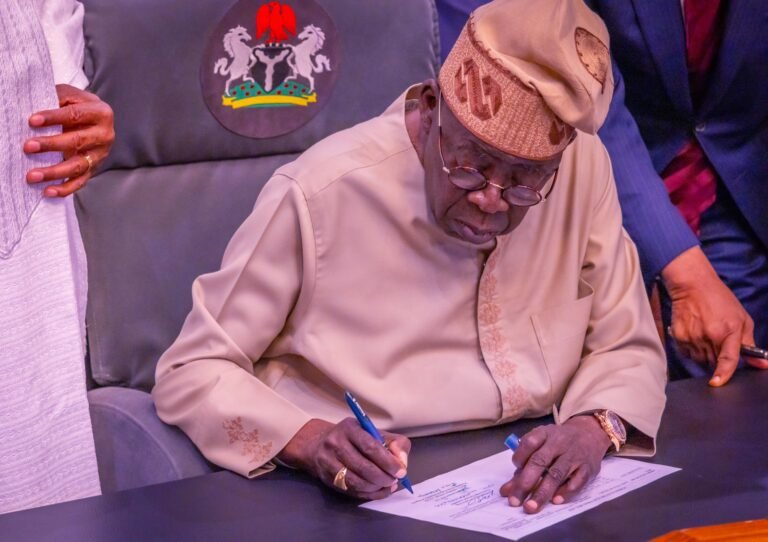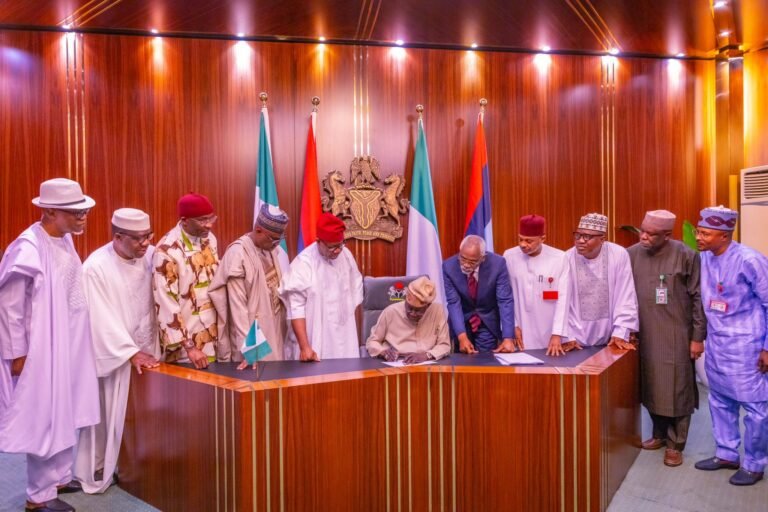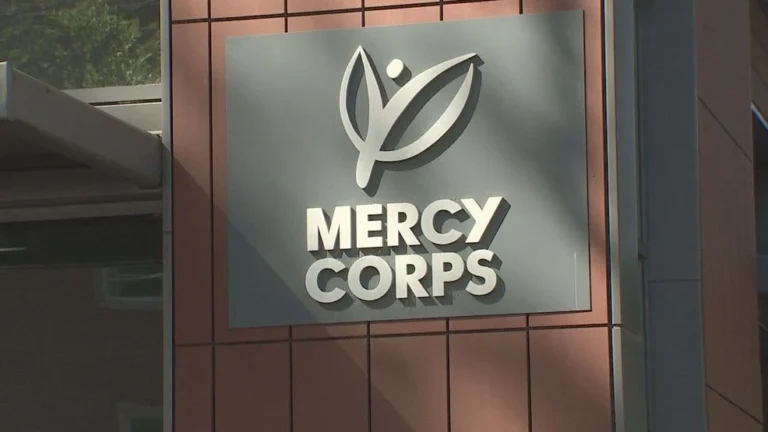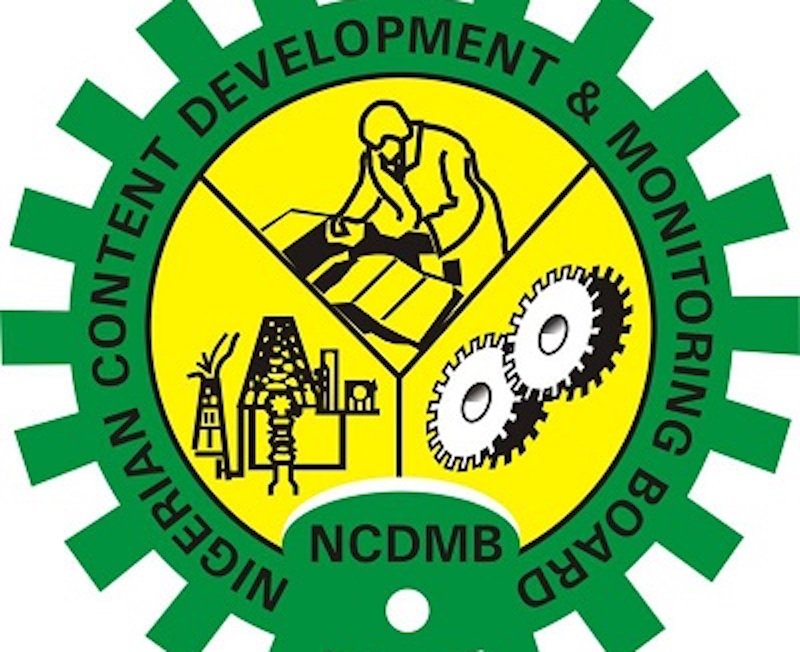Nigeria’s headline inflation eased for the fifth straight month, settling at 20.12% in August 2025 from 21.88% recorded in July, according to the National Bureau of Statistics (NBS).
This marks the lowest reading in over a year, signaling a gradual moderation in consumer prices.
On a month-on-month basis, the inflation rate stood at 0.74% in August, reflecting a slower pace compared to previous months. The NBS explained that this indicates the average price level in August rose at a lower rate than in July.
Annual Inflation Trends Show Noticeable Decline
The NBS report highlighted that the headline inflation rate decreased year-on-year compared to August 2024. The Consumer Price Index (CPI), which uses November 2009 as its base year, reflected a 24.66% twelve-month average increase for August 2025, down sharply from 31.26% a year earlier.
This 6.6% improvement underscores the impact of policy interventions aimed at stabilizing the economy. It also reflects a higher comparative base year, which softened the year-on-year figures.
Urban vs Rural Inflation
Urban inflation fell significantly, standing at 19.75% in August 2025 compared to 34.58% in August 2024. On a month-to-month basis, urban inflation slowed to 0.49%, dropping from 1.86% recorded in July.
The twelve-month urban average dropped to 25.81% in August 2025, well below the 33.44% logged a year earlier. In rural areas, inflation was slightly higher at 20.28% year-on-year, down from 29.95% in August 2024.
Rural Inflation Moderates but Remains Sticky
On a monthly basis, rural inflation was 1.38% in August, a notable drop from 2.30% in July. This reflects easing price pressure in agricultural and rural consumer markets, though the rate remains higher than urban trends.
The twelve-month rural average came in at 23.07% in August, compared with 29.32% in the same period of 2024. The figures suggest that rural households are still facing more persistent cost pressures than their urban counterparts.
Food Inflation Sees Significant Slowdown
Food inflation, a key driver of household costs, fell to 21.87% in August 2025 compared to 37.52% a year earlier. The NBS clarified that the steep decline is partly technical, linked to changes in the inflation base year.
On a monthly basis, food inflation dropped to 1.65% in August, down from 3.12% in July. The decline was attributed to falling prices in staples such as imported and local rice, maize flour, guinea corn, millet, semolina, and soya milk.
Annual Food Inflation Reflects Lower Pressure
The twelve-month average for food inflation stood at 25.75% in August 2025, down by 11.24 percentage points from the 36.99% recorded in August 2024. This improvement is critical given food costs account for a large share of Nigerian household expenditure.
Analysts suggest that easing food prices could offer relief to millions of families, though supply-side risks such as insecurity, logistics bottlenecks, and climate disruptions remain challenges.
Core Inflation Signals Persistent Structural Pressures
Core inflation, which strips out volatile items like food and energy, stood at 20.33% year-on-year in August, down from 27.58% in August 2024. However, on a monthly basis, it rose to 1.43%, higher than the 0.97% recorded in July.
The twelve-month average for core inflation was 23.04% in August 2025, slightly lower than 25.18% in August 2024. This indicates that while inflationary pressures are moderating, underlying structural issues continue to influence price stability.
CBN Outlook: Interest Rates Could Ease
Central Bank of Nigeria (CBN) Governor Olayemi Cardoso projected that interest rates may trend lower in the near future. Speaking at the Eurocham Nigeria C-Level Forum in Lagos, he cited easing inflation and improved capital allocation efficiency as supportive conditions for rate cuts.
Currently, lending rates hover between 32% and 36% for commercial loans, a level businesses consider unsustainable. Cardoso hinted that as inflation stabilizes, the financial system could see downward pressure on borrowing costs.
Monetary Policy Signals Stability
At its 301st Monetary Policy Committee (MPC) meeting in July, the CBN maintained the Monetary Policy Rate (MPR) at 27.5%. This decision reflects a cautious approach as policymakers balance between curbing inflation and supporting economic growth.
While the central bank welcomes the inflation decline, analysts caution that Nigeria’s economy still faces risks from exchange rate volatility, food supply constraints, and global energy prices. Sustained structural reforms remain crucial to achieving long-term price stability.


























